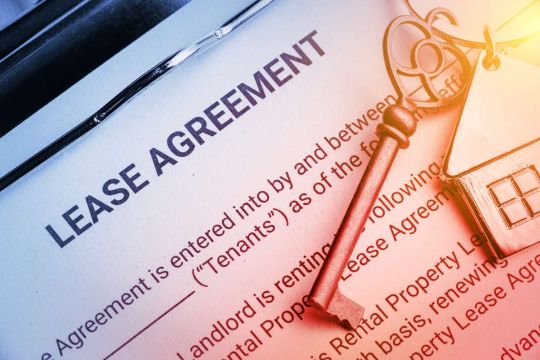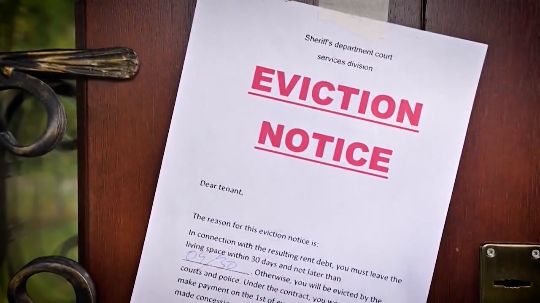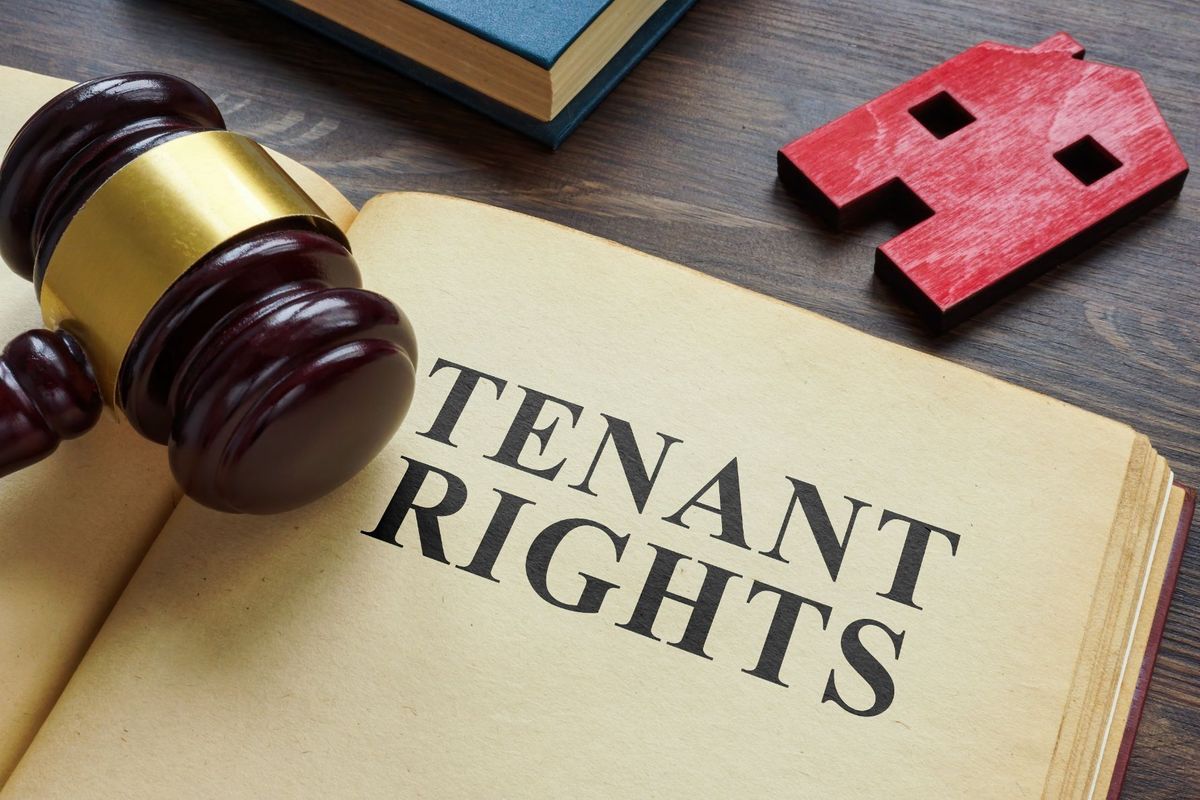Navigating Landlord-Tenant Laws

Lease Agreements
A lease agreement serves as a legally binding contract between landlords and tenants, outlining the terms and conditions of the rental arrangement. It typically includes details such as the duration of the lease, rental payment terms, security deposit requirements, tenant responsibilities, and landlord obligations. Ensure that your lease agreements comply with local laws and regulations and clearly define the rights and responsibilities of both parties.

Eviction Procedures

Fair Housing Laws
Fair housing laws prohibit discrimination based on protected characteristics such as race, color, national origin, religion, sex, familial status, and disability. Landlords must adhere to fair housing laws when advertising rental properties, screening tenants, and establishing rental criteria. Familiarize yourself with federal, state, and local fair housing regulations to prevent discriminatory practices and promote equal access to housing opportunities for all individuals.

Property Maintenance Requirements
Landlords are responsible for maintaining rental properties in a habitable and safe condition in accordance with local housing codes and regulations. This includes ensuring essential utilities (such as water, heating, and electricity) are operational, addressing health and safety hazards, and making timely repairs to structural, plumbing, and electrical systems. Conduct regular property inspections, address maintenance issues promptly, and keep detailed records of maintenance activities to demonstrate compliance with property maintenance requirements.

Tenant Rights and Privacy
Tenants have certain rights and privacy protections under landlord-tenant laws, including the right to quiet enjoyment of the rental property, the right to privacy, and the right to timely repairs and maintenance. Landlords must respect tenants' privacy rights, provide advance notice before entering the rental unit for non-emergency purposes, and refrain from engaging in harassment or retaliatory actions against tenants exercising their legal rights.
